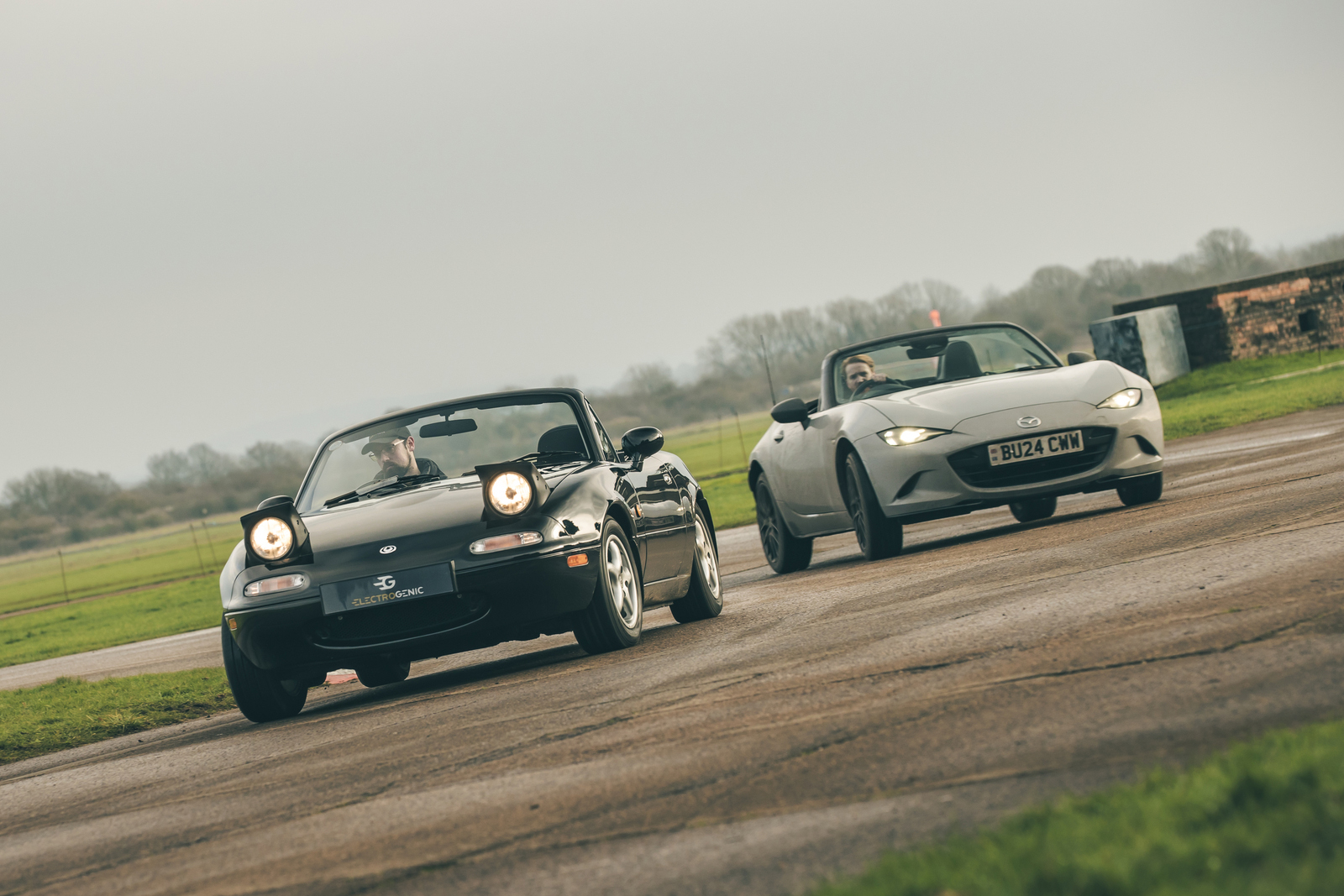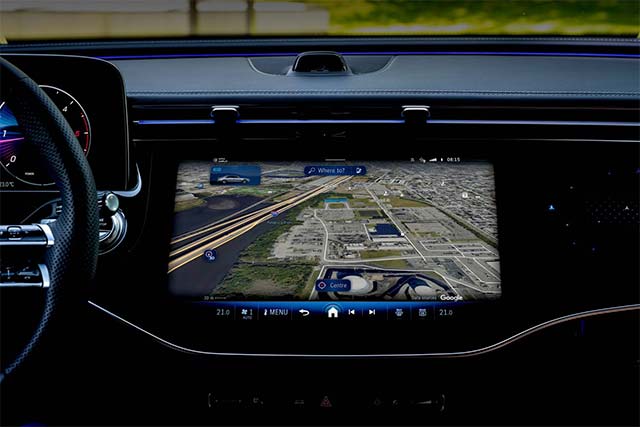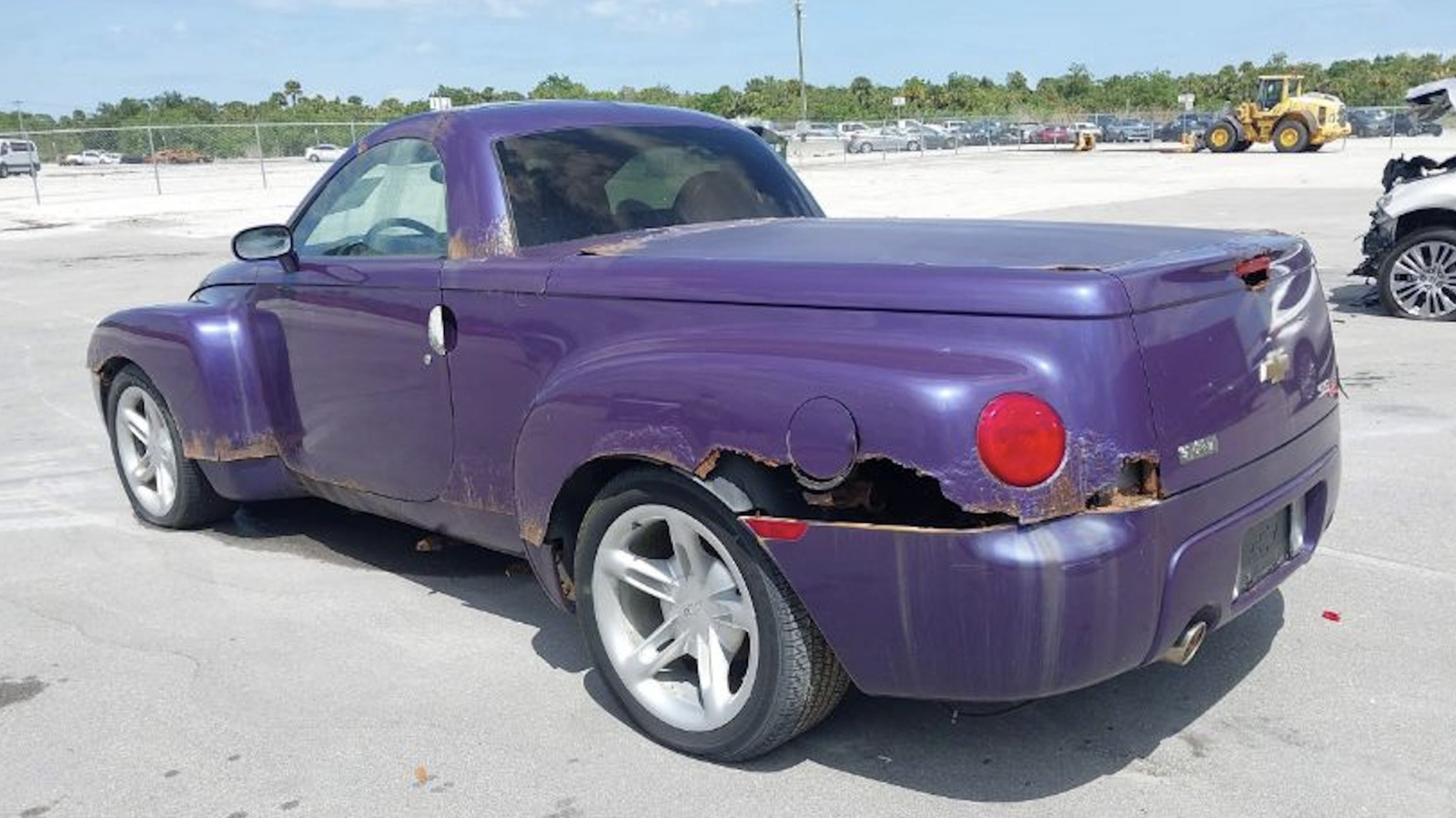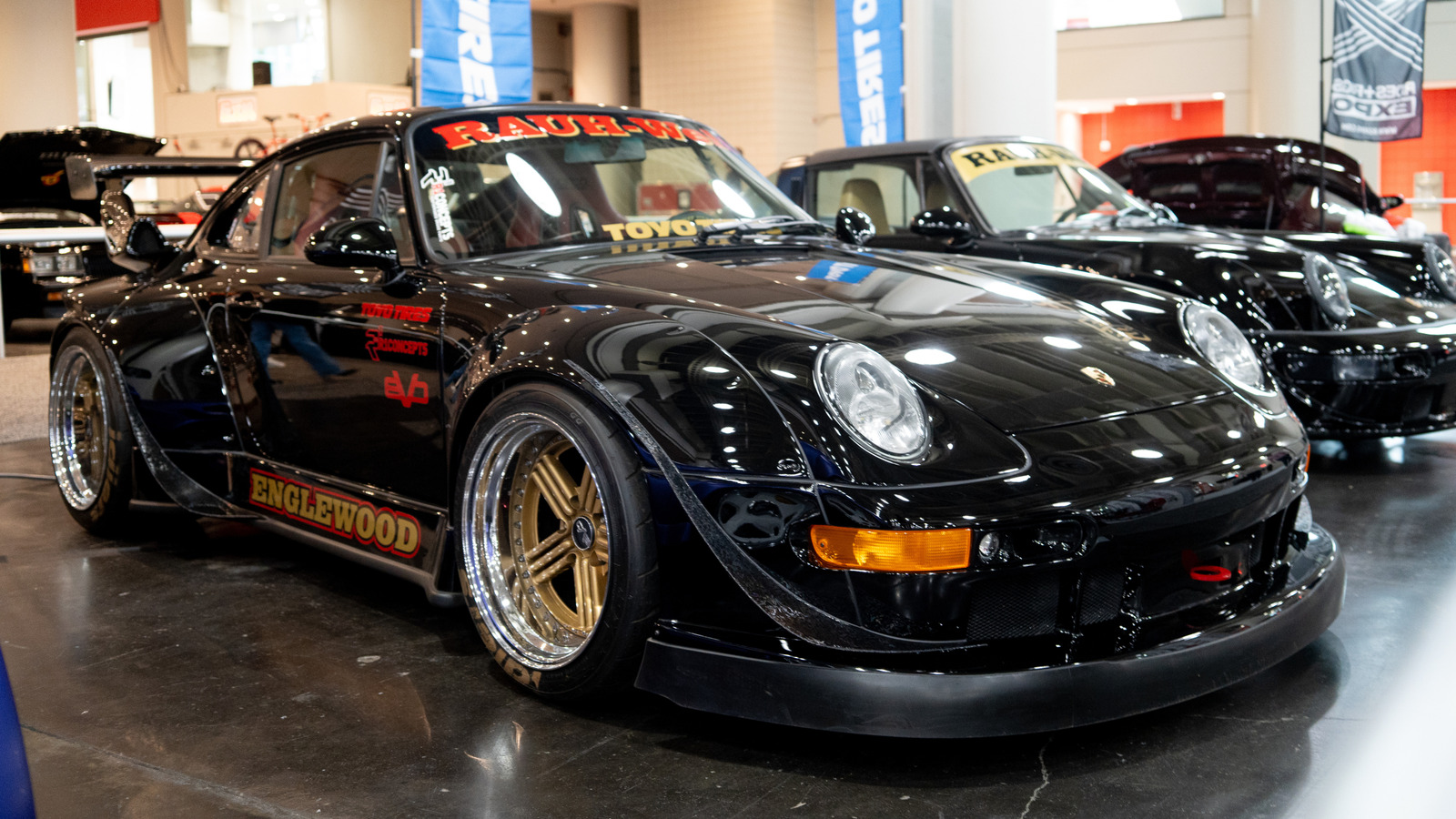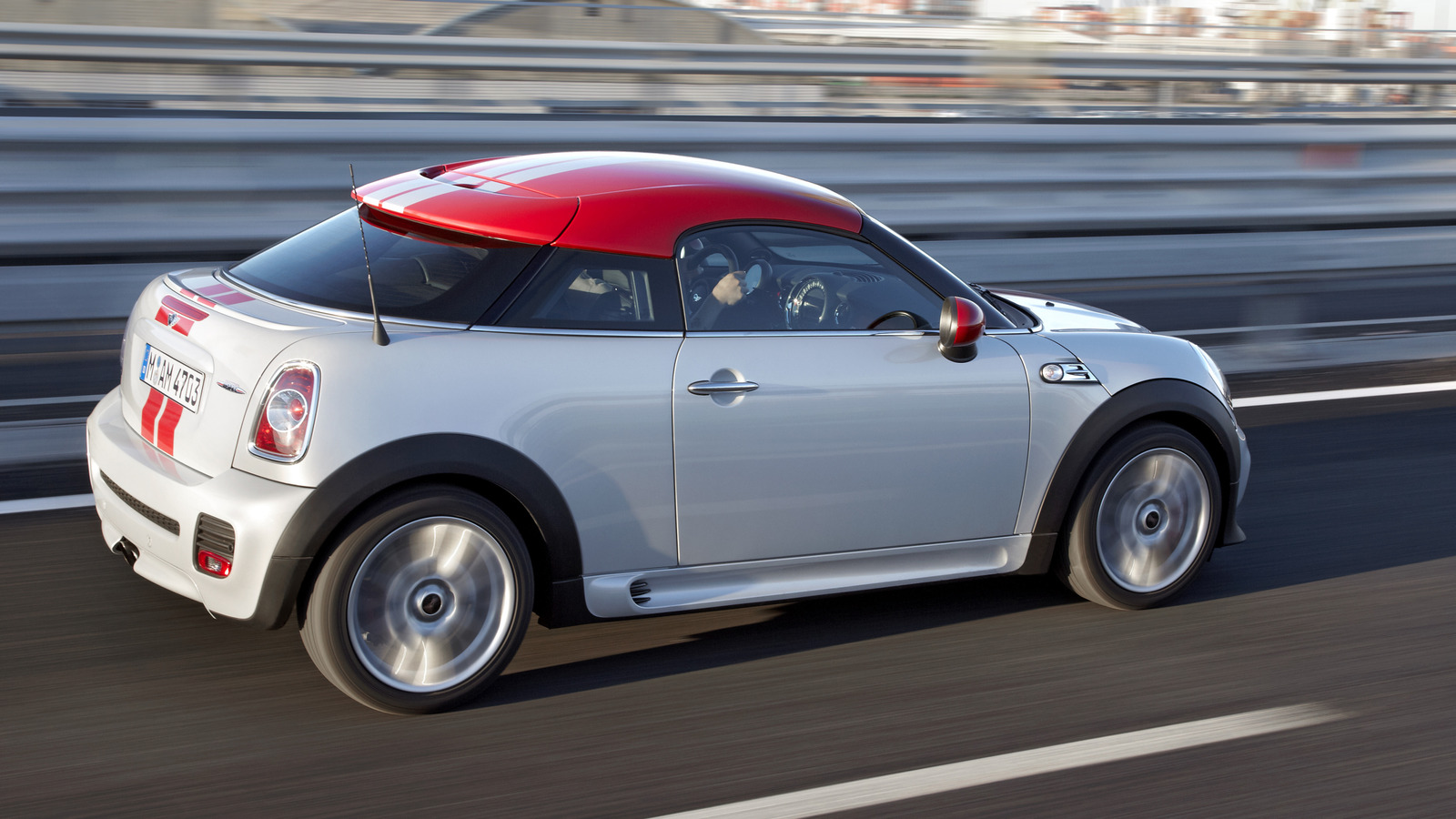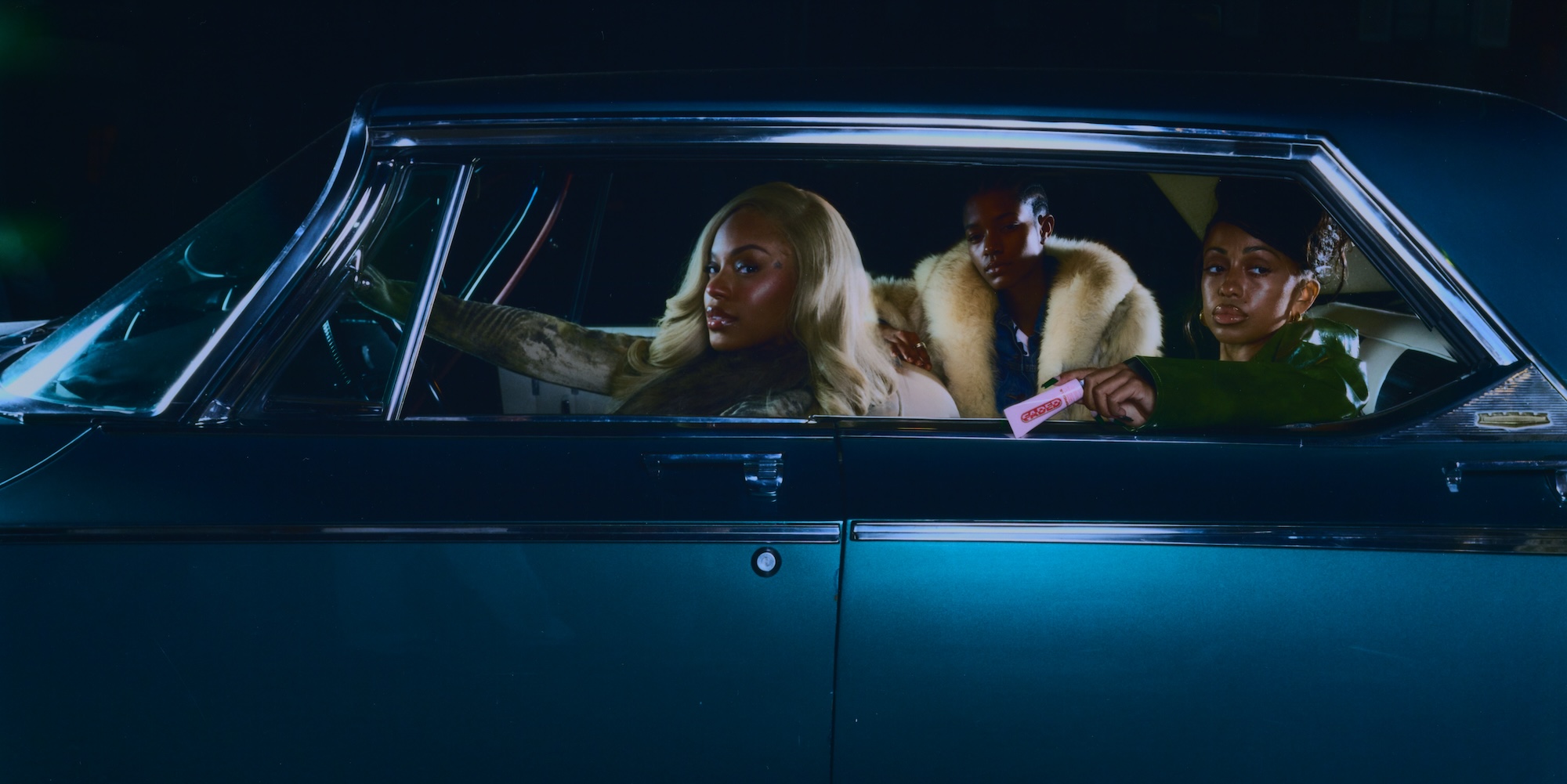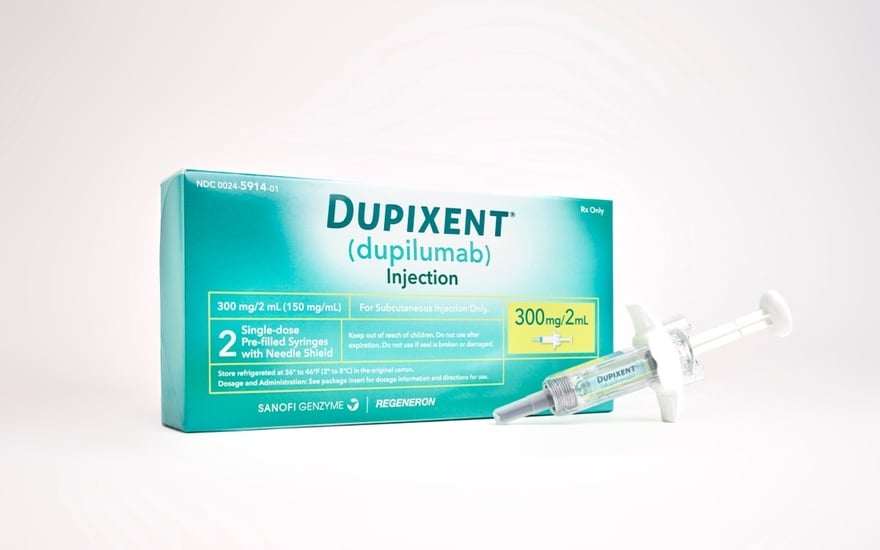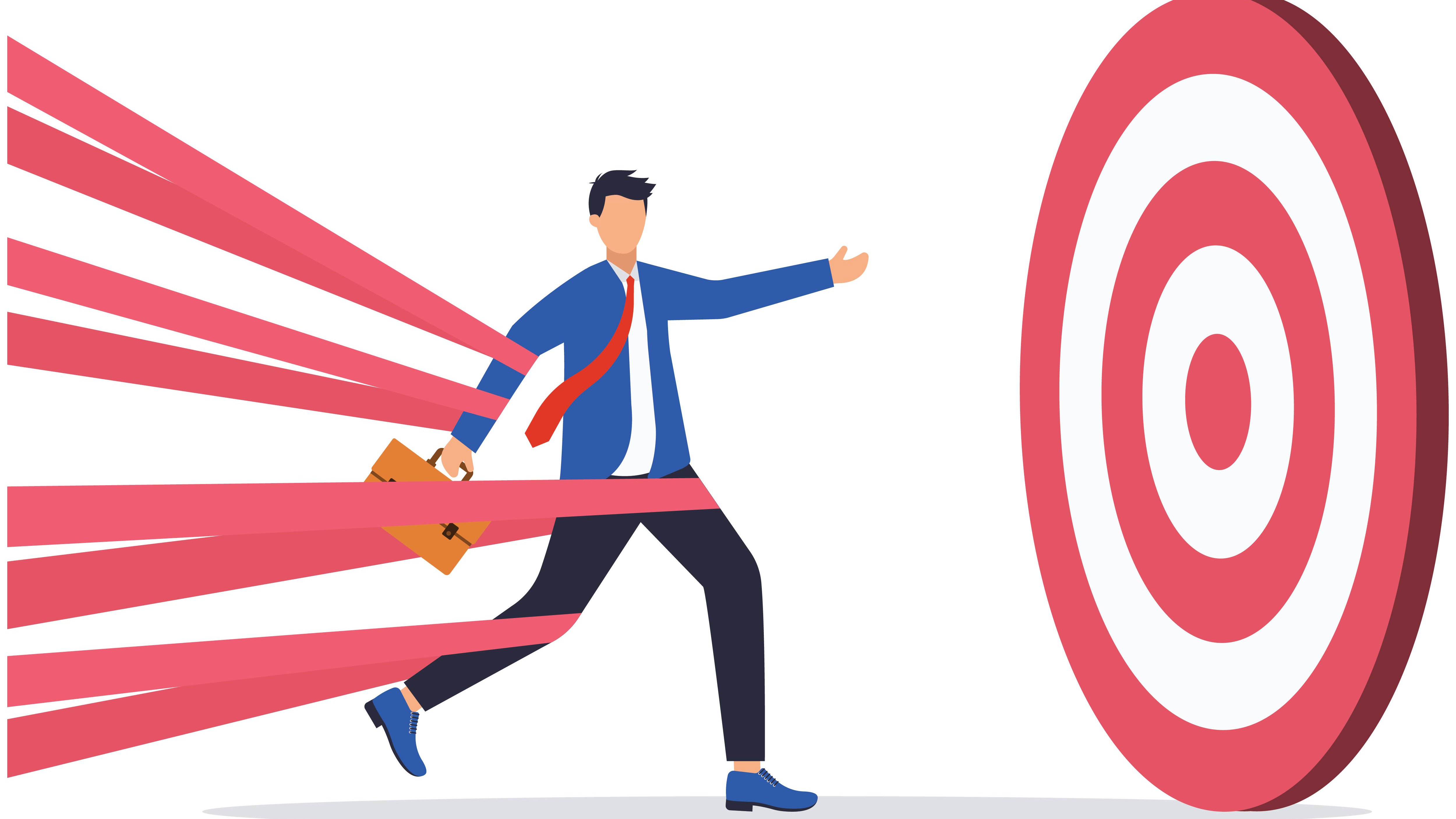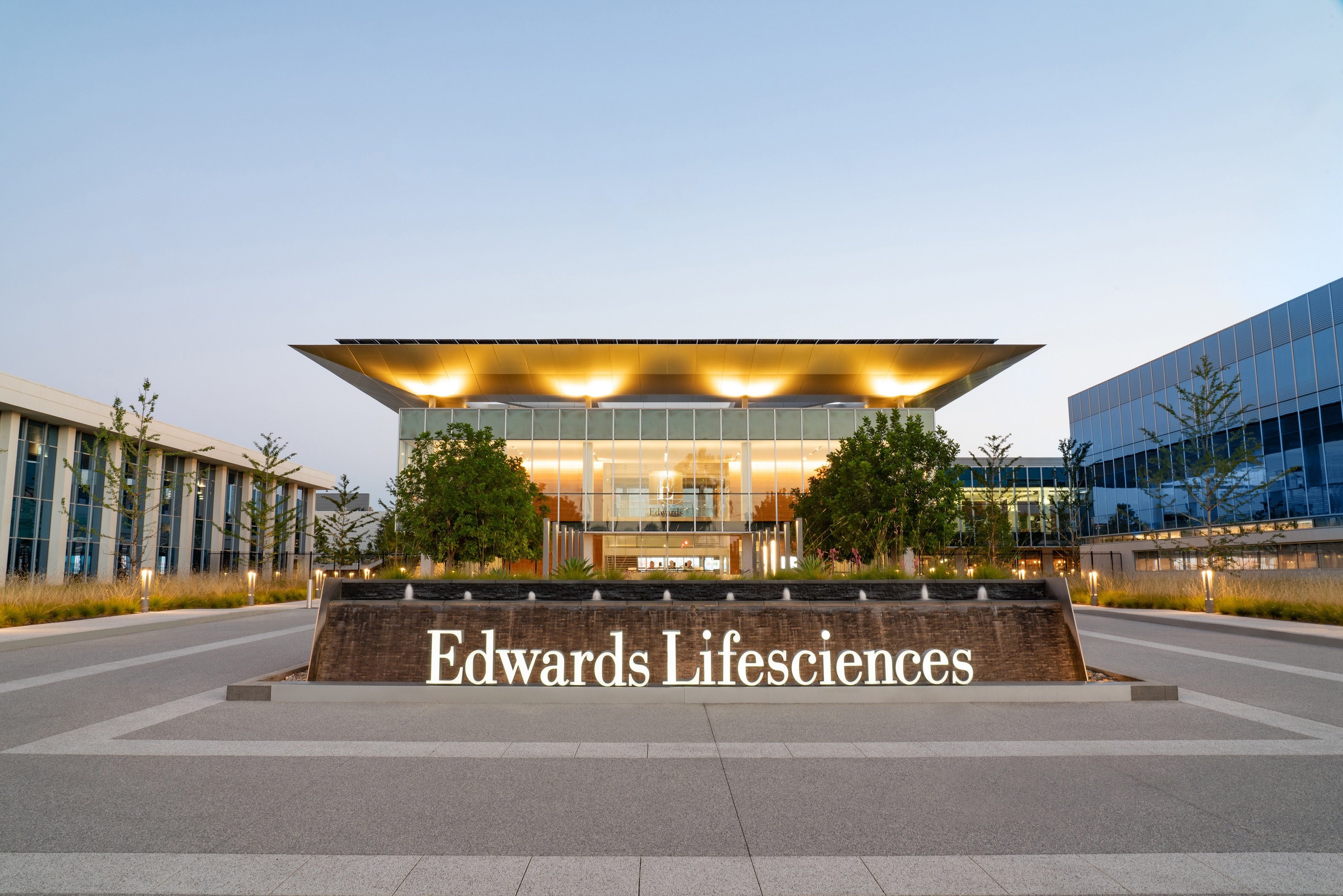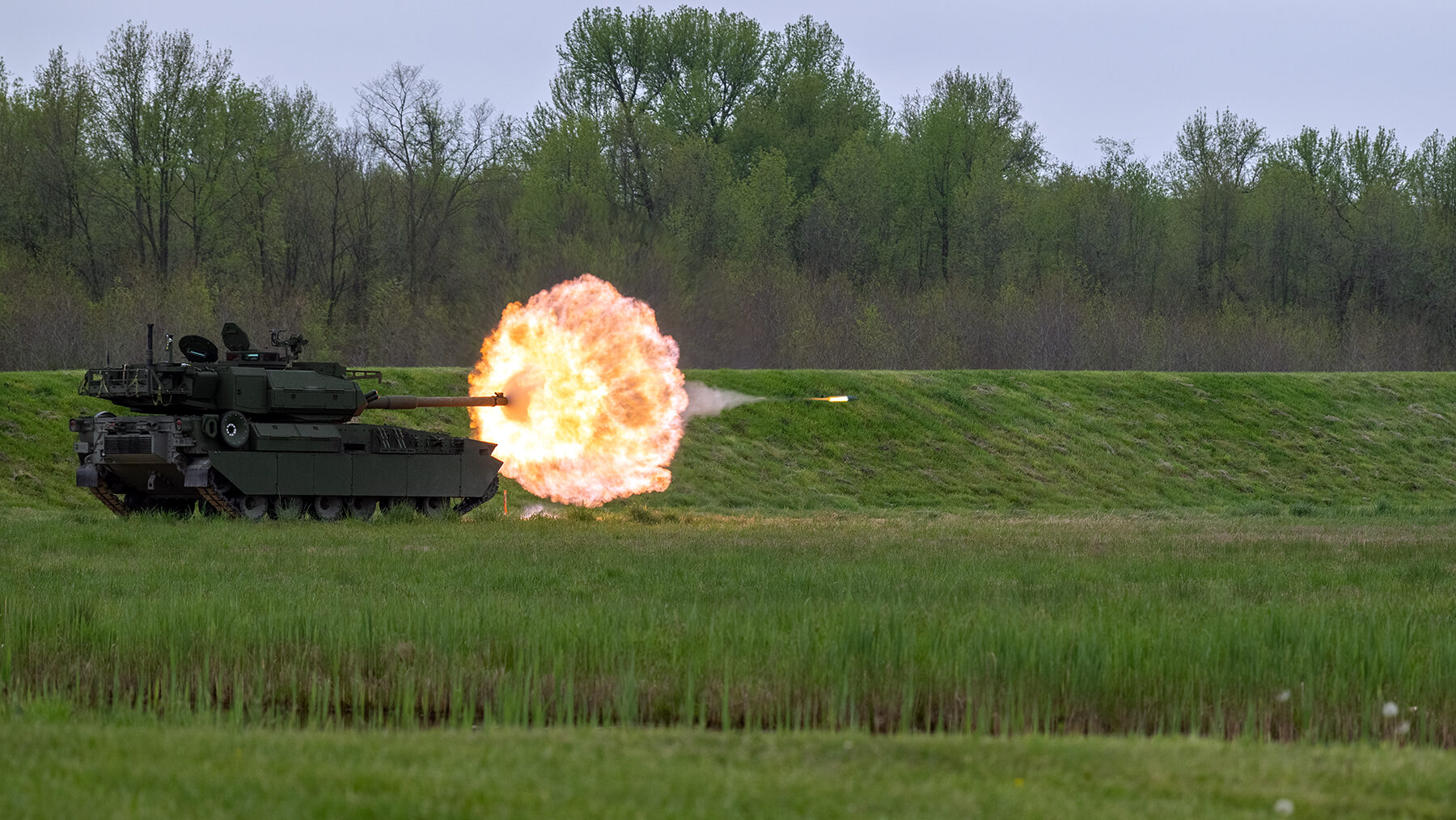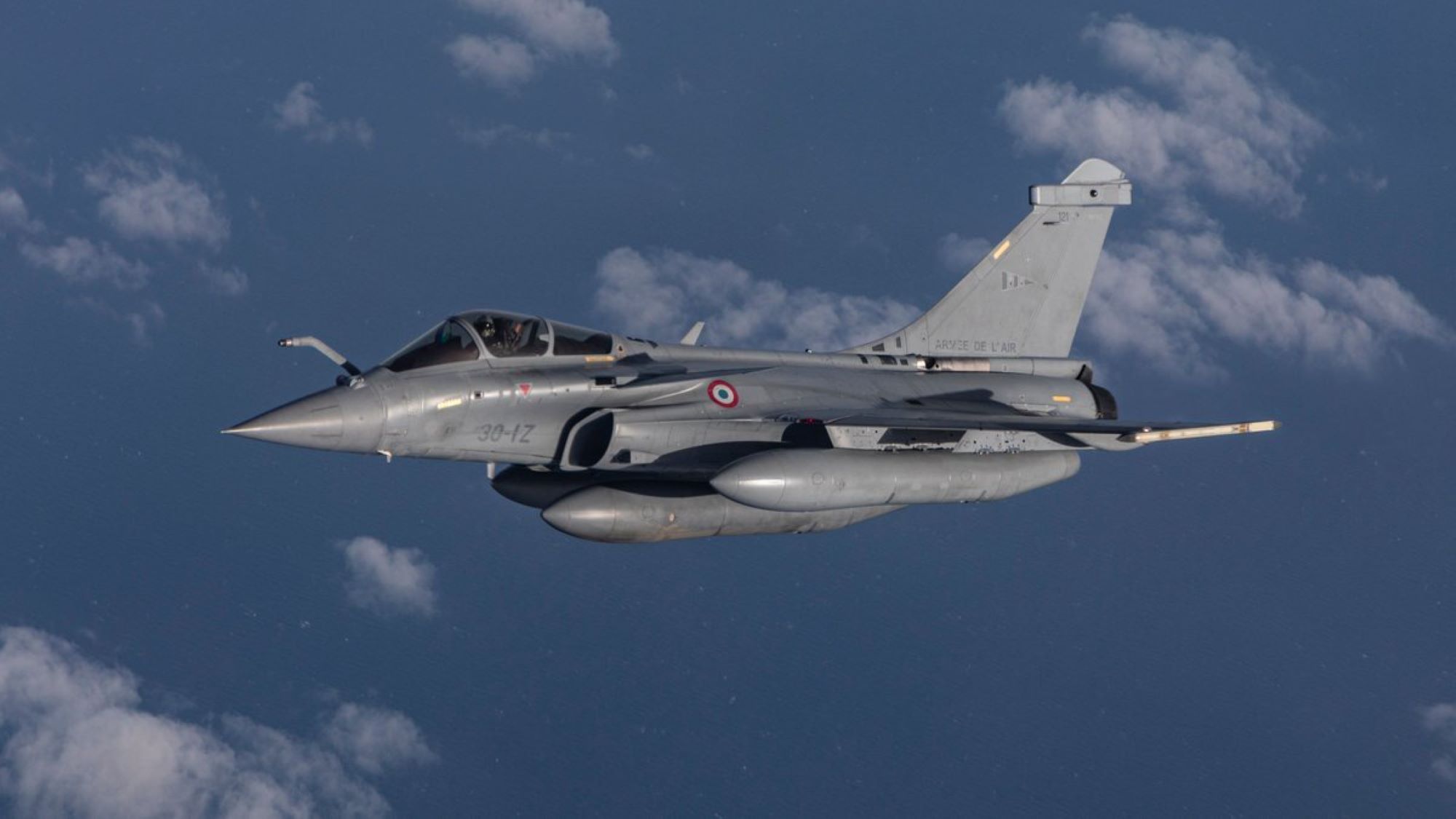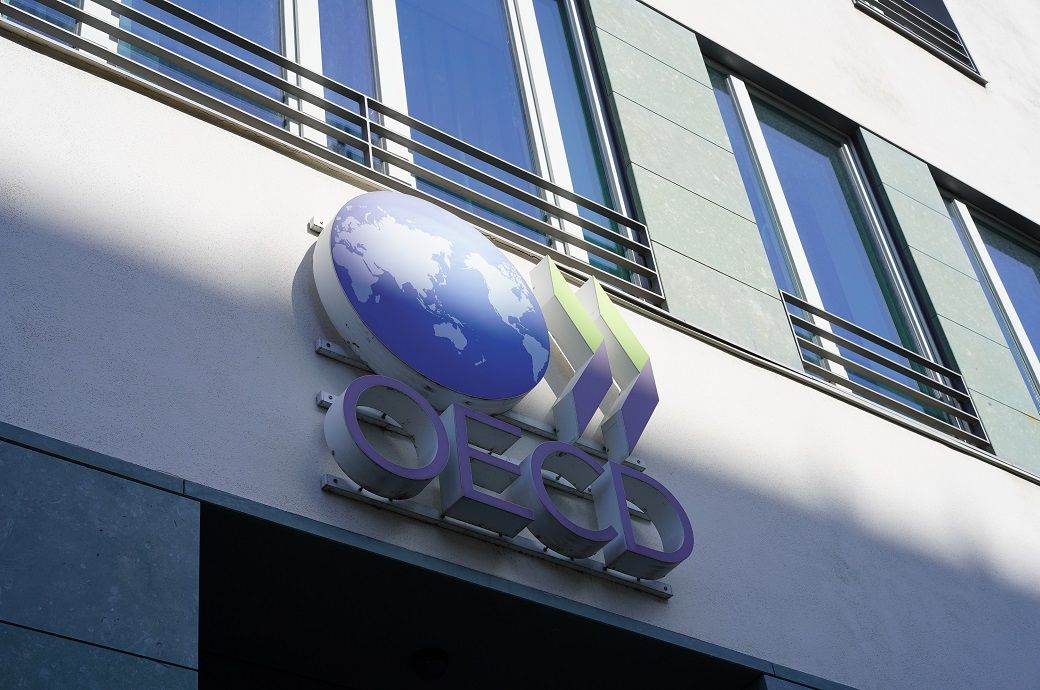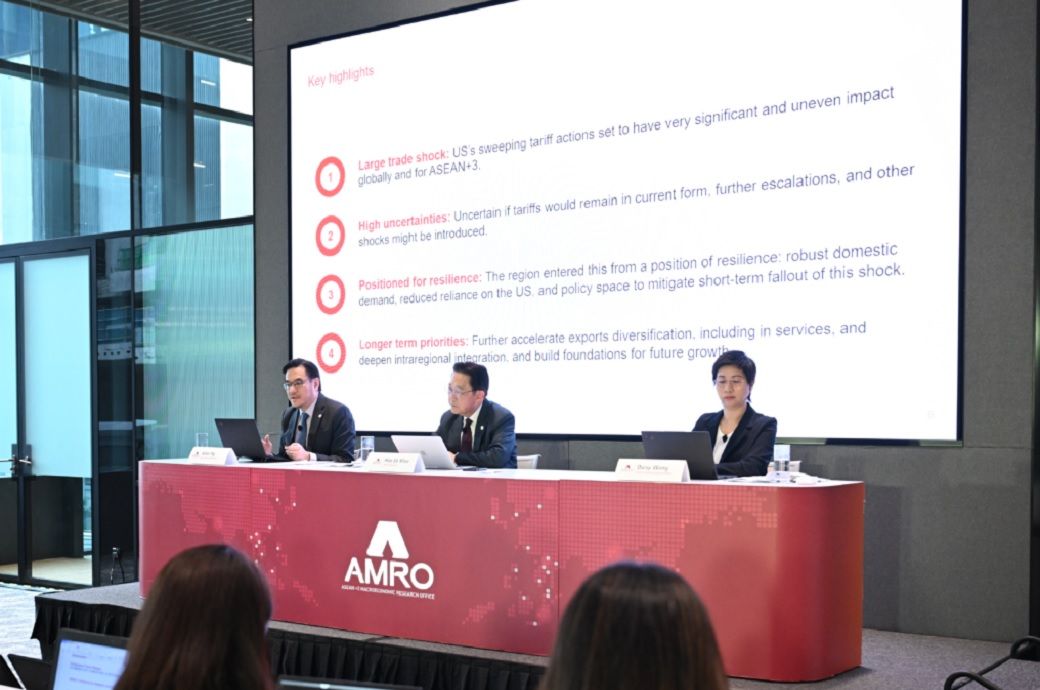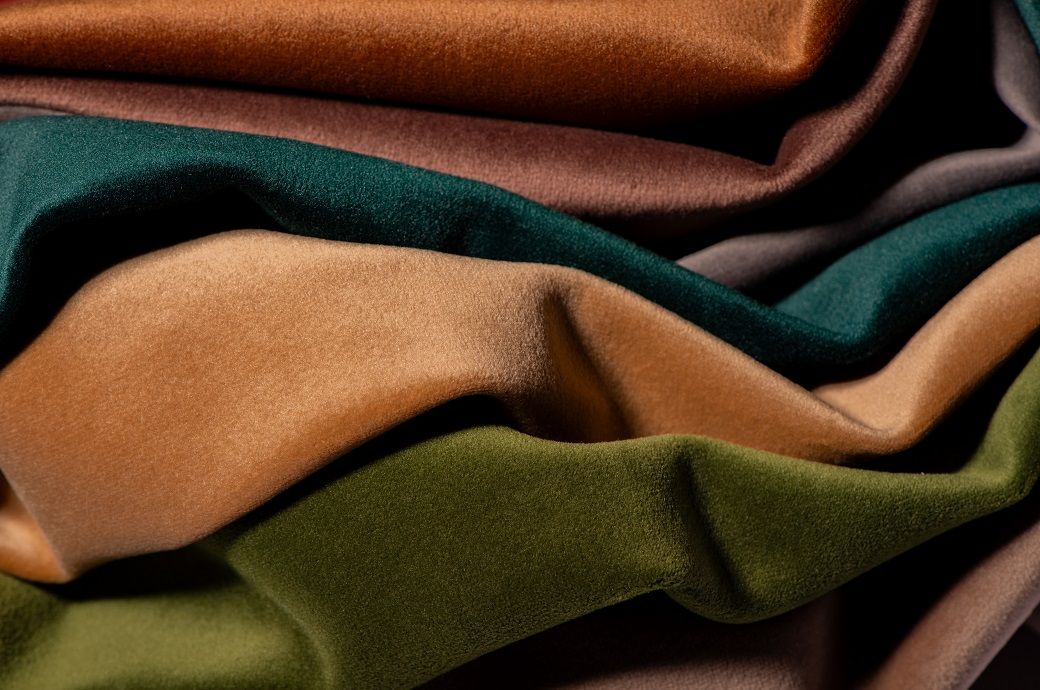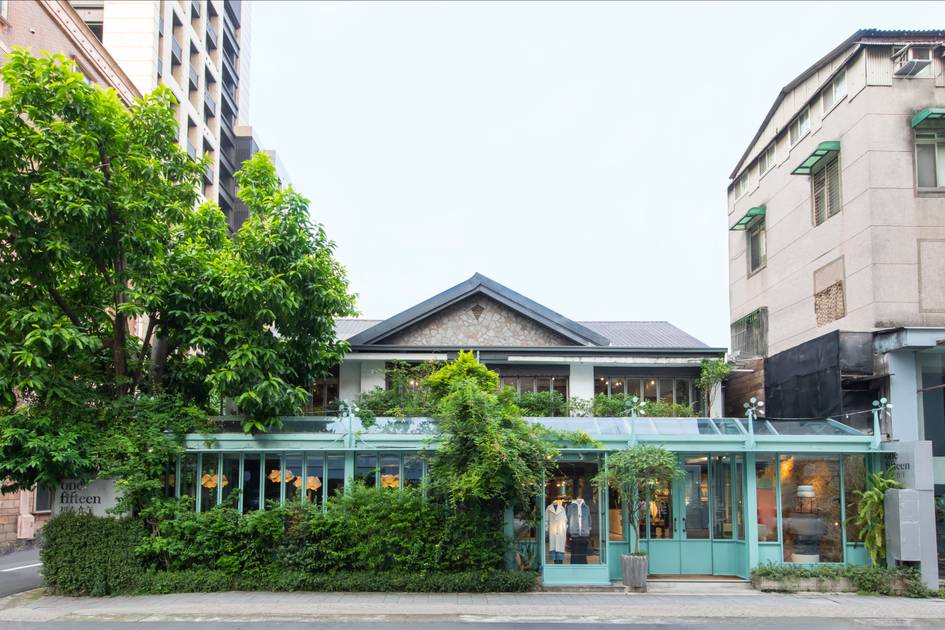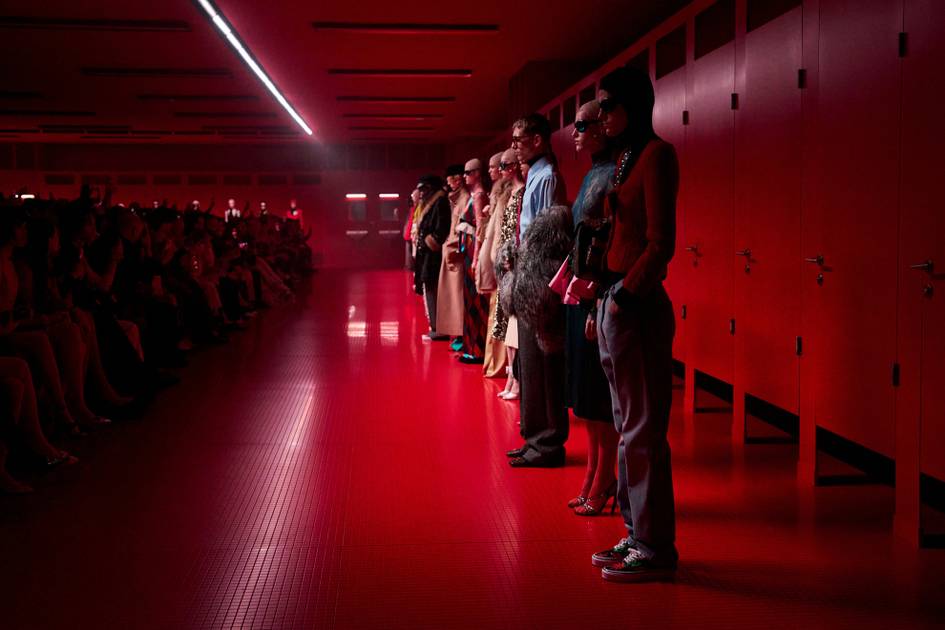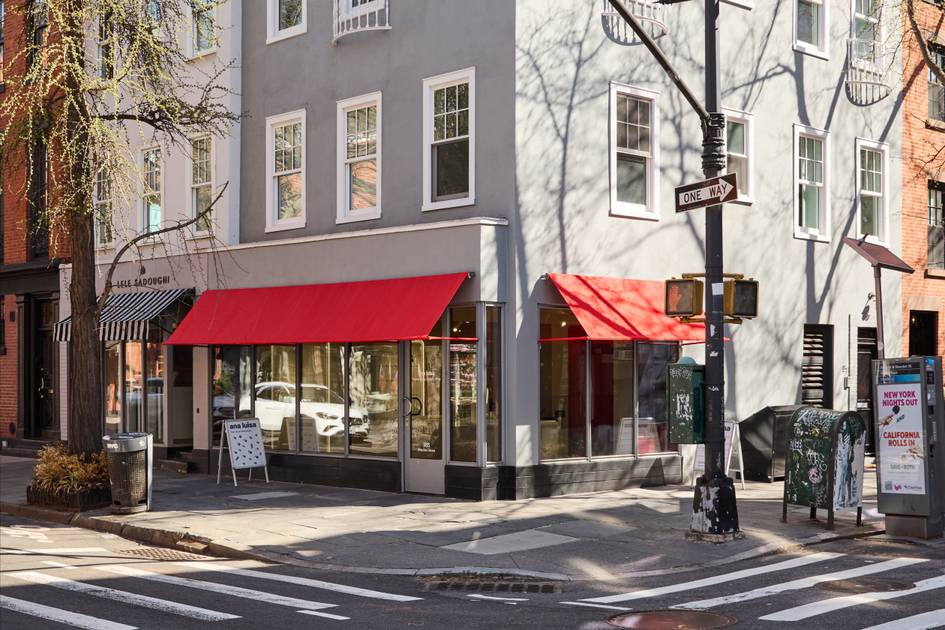Taste Like a Pro: How to Prevent Palate Blowout During Wine Tastings
Overconsumption can cause the mouth to tire and become ineffective. Here's how to avoid palate blowout. [...] Read More... The post Taste Like a Pro: How to Prevent Palate Blowout During Wine Tastings appeared first on Wine Enthusiast.
The idea of hopping from vineyard to vineyard to sip wines may sound appealing for the average consumer in search of the perfect bottle (and, frankly, buzz), but even for sommeliers, winemakers and industry professionals, there is such a thing as too much vino.
Palate blowout, the phenomenon of losing your sense of taste after overconsumption, can cause the mouth to not only tire, but also render ineffective. After all, a numb tongue is a tongue that can’t pick up on the flavor nuances of different vintages and varietals, at which point you’re better off downing shots of cheap vodka.
To combat this common tasting room faux pas, we chatted with three wine experts for their top prevention tips.
1. Hydration, Hydration, Hydration
While individual body chemistry will dictate how quickly a palate weakens or a mouth dries, a general rule of thumb is to wet your whistle, quite literally, by going into a tasting hydrated.
“Whenever I attend a large tasting, I am hyper-aware of making sure that I’ve had enough water,“ says Liz Martinez, general manager and sommelier of KILN at the Heron Hotel in Alexandria, Virginia.
Rachel Thralls, sommelier and wine education consultant, echoes this sentiment, reiterating that it’s equally important to have water on standby for frequent swigs throughout the tasting itself.
“Alcohol is obviously drying, so it’s important to take sips of water in between each glass or whenever you need a refresh or cleanse,” she suggests.
2. Avoid Outside Scents
If you can’t smell, you can’t taste. In fact, nearly 80% of our taste may be entirely dependent upon the nose and its complex olfactory system.
“Because of this connection, it’s best to not wear perfumes or colognes during wine tastings, as these can overpower and distract from the wonderful aromas of wines, causing the palate to work overtime,” advises Thralls.
Dr. Rachel Allison, wine chemist and postdoctoral scholar at Penn State University’s Department of Food Science, adds that strong odors can also take away from a simple, yet effective wine-tasting practice: sniffing yourself in between sips to recalibrate the senses.
“It’s common [for wine tasters] to smell their skin at the wrist or elbow in between wines since we tend to smell neutral to ourselves,” she reveals, remarking that it can also help to pick up on the more subtle tasting notes.
3. Go from Light to Heavy
The bolder the wine, the more intense it feels on the tongue. Naturally, it makes the most sense to start with lighter white wines and work your way to bigger, tannin-heavy reds.
“You will absolutely blow out your palate if you start with big red wine,” warns Martinez. “Save those for last and get started with crisp white wines.”
“Remember, this, in many ways, is like a marathon,” she adds, noting that consistent pacing and proper planning are, perhaps, the biggest keys to palate fatigue prevention.
4. Rely on Bubbles
Sparkling wines certainly make for a textural departure from a portfolio of still whites, reds, rosés and oranges, but they’re also great for giving your palate a break.
“Drink the sparkling wines in between some of the other still wines to not only to break things up, but also strategically do a once-in-a-while palate refresh and reset throughout,” recommends Martinez. “The bubbles can really help ‘scrub’ the palate, giving you sort of a clean slate to taste with.”
Effervescence can also come in the form of sparkling water, light soda or even beer, with the latter two serving as ideal distractions for those who may find themselves tempted to chug entire flutes of bubbles.
















